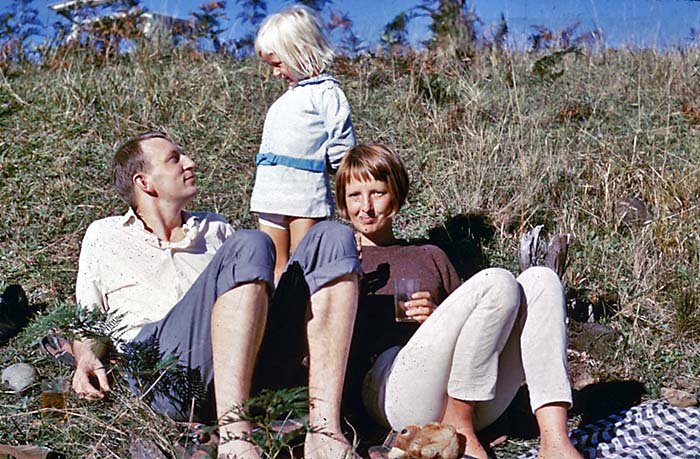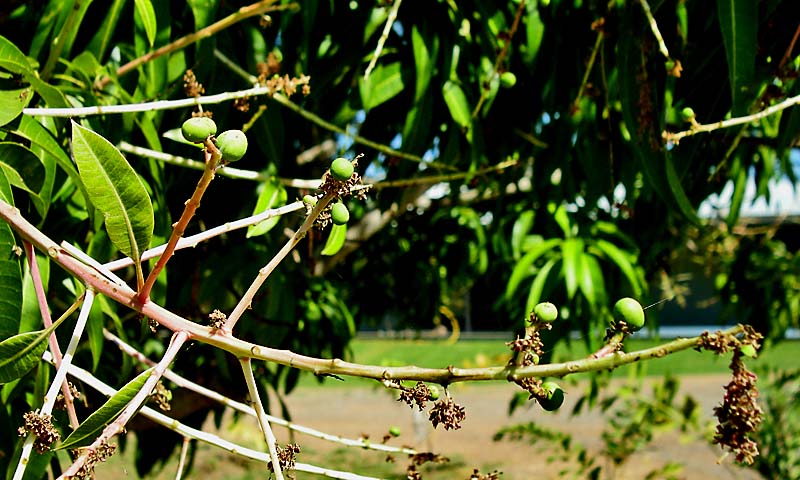|
Biographical Log of Michael Furstner - Page 96
2008 ||
2009 :
Jan |
Feb |
Mar |
Apr |
May |
Jun |
Jul |
Aug |
Sep |
Oct |
Nov |
Dec | Page :
Previous |
Next |
Most Recent -
Next -
Previous -
Page 1 -
Photos -
Index -
Topics -
MP3s -
Jazclass Links
Friday & Sunday June 26 - 28, 2009
(diary, Charlemagne, language)
 The weather remains rather strange here at the "Top End" of Australia. The nights are quite
warm, around 20°C and in the mornings I wake up to a low grey cloudy sky, or even some
fog. By mid morning however this has lifted again and a clear blue sky is again overhead.
The weather remains rather strange here at the "Top End" of Australia. The nights are quite
warm, around 20°C and in the mornings I wake up to a low grey cloudy sky, or even some
fog. By mid morning however this has lifted again and a clear blue sky is again overhead.
As usual I played bridge with Freda Park on Friday night and also on Saturday
afternoon. Saturday we came second in a competition of 12 pairs only beaten by a whisker by
the top pair. Not sure whether the bottle of pink champagne I brought along worked as an
incentive or handicap, but we enjoyed it anyway.
Last week I read an interesting quote from, quite extraordinary, the great Charlemagne
(742-814) : "To possess another language is to possess another soul".
 I absolutely agree with this statement. I have in fact tried to explain this in my Blog
last year when I had the great opportunity to speak both German and Dutch again after many
many years. But the great man has expressed it so brilliantly in just one short precise
and elegant sentence.
I absolutely agree with this statement. I have in fact tried to explain this in my Blog
last year when I had the great opportunity to speak both German and Dutch again after many
many years. But the great man has expressed it so brilliantly in just one short precise
and elegant sentence.
By speaking a language of another country you (obviously) don't become a native of that
country, but your whole being (emotion, spirit or "soul", mind and outlook) adjust itself
to become in phase, in harmony, with the culture and essence of that country. This, to the
perceptive individual, is an enormously uplifting experience. Without speaking its language
you will never ever really come to grips in any significant way with the true nature of any
country.
My first experience of obtaining such additional "soul" was as a student when I did
my geological fieldwork in the mountains of Northern Spain for five summers in the late
50s early 60s. I lived during those months always in the country, near small villages,
where the only way of communication was in Spanish. So I quickly managed to learn this
language sufficiently to integrate into the local environment, which had on me, as well as
my fellow geology students who went through the same experience, an enormous influence on
who we felt we were. That additional "soul" is still with me to this very day.
The decision by me and my young wife Antien to emigrate to Australia in 1965, was
intuitively also strongly influenced by a desire to change, to grow, to broaden our
personality, to acquire that additional soul. And without a doubt we
succeeded.
The problem it appears to me nowadays is that moving to a new country for
many is not driven by a desire to grow and assimilate into a new country, but by a
wish to flee from an old one. This (I believe) is not a move in the true spirit of
emigration, but rather a subdued form of invasion by stealth, entering a foreign country
while maintaining most, if not all, customs, laws, cultures of the native country. For all practical purposes this amounts to setting up a (parasitic) sattelite of their native country within another country.
It is this false attitude of the newcomers which are now increasingly be counteracted (especially in Europe) by
new political movements to stop further emigration. I believe that the French President
Sarkosy was quite right when he proclaimed last week that "All
women in France must be treated as equals to men. Subjugation of Muslim women by their
men is therefore not acceptable here!!" Put simply : "While in Rome act
like the Romans do." This has been a true motto for over 2,000 years and is still valid
today.
Most Recent -
Next -
Previous -
Top -
Page 1 -
Photos -
Index -
Topics -
MP3s -
Jazclass Links
Monday & Tuesday June 29 - 30, 2009
(diary, Graham Greene, eternity)
 Most of our mango trees are in bloom now while the early ones have already shed theirs
showing tiny mango fruit balls instead, of a centimeter or less in size. The crop on each
tree can be very irregular, lots of fruit one year, very little the next.
Most of our mango trees are in bloom now while the early ones have already shed theirs
showing tiny mango fruit balls instead, of a centimeter or less in size. The crop on each
tree can be very irregular, lots of fruit one year, very little the next.
Usually on a Sunday afternoon I spend some time at the Palmerston Library, browsing around for new books to read. Curiously
there is a huge difference in the quality of stock between say the Libraries at the
Queensland Sunshine Coast and the Northern Territory. "Down South" (as Northern
Territorians refer to most of the rest of Australia) the books are all hard cover and in
good condition. Up here they are a motley lot, many of them donated I suspect, mostly
paperback, many with loose leaves requiring constant nursing and repair with sticky tape.
The literary level on offer is also to a large extent at the lower end of the cultural
scale.
Nevertheless I have found some interesting books to read here and one of last
Sunday's crop was "The End of the Affair" by the English novelist Graham Greene.
I have just finish reading it.
It is the (autobiographical) story of a
love affair (set in WW2 London) between a single man (a writer) and a married woman. I like
it up until near the end when the woman suddenly dies of pneumonia. The husband and lover
are both grief stricken, become close friends and decide after long discussion to have the
woman cremated. After the funeral they find out that the woman had been baptized a Roman
Catholic and feel guilty they have given her the wrong burial.
What is this curious preoccupation of some of these English authors (Evelyn Waugh is
another one) with the Roman Catholic religion ? Was this a feature of the mid 1900s,
or am I missing something here ?
|
The above is just by the bye. What really struck me early on in Greene's book was a brief
description of eternity. "Eternity, he writes is not an endless extension of time, but merely the total
absence of it."
I find this a most intriguing idea I have never thought of before. Are concepts like eternity and
infinity, really false human misconceptions derived from our inability to
visualise or comprehend the true nature of space and time ??
Every time a modern physicist comes up with
a new idea, test its mathematical formula and finds it resolves to the answer "infinite" he
know he has got it wrong.
For a light photon, traveling from the sun to us at the speed of light the time
stands still!! So from its point of view there is no time at all.
The most fundamental basic assumption ("believe") of every religion on earth is not the existence of a
God (or Gods), but of the existence of eternity. For without eternity a God cannot
exist.
I leave you to ponder that.
Comments -
Most Recent -
Next Page -
Previous -
Top -
Page 1 -
Photos -
Index -
Topics -
Jazclass Links
Copyright © 2009 Michael Furstner
|


